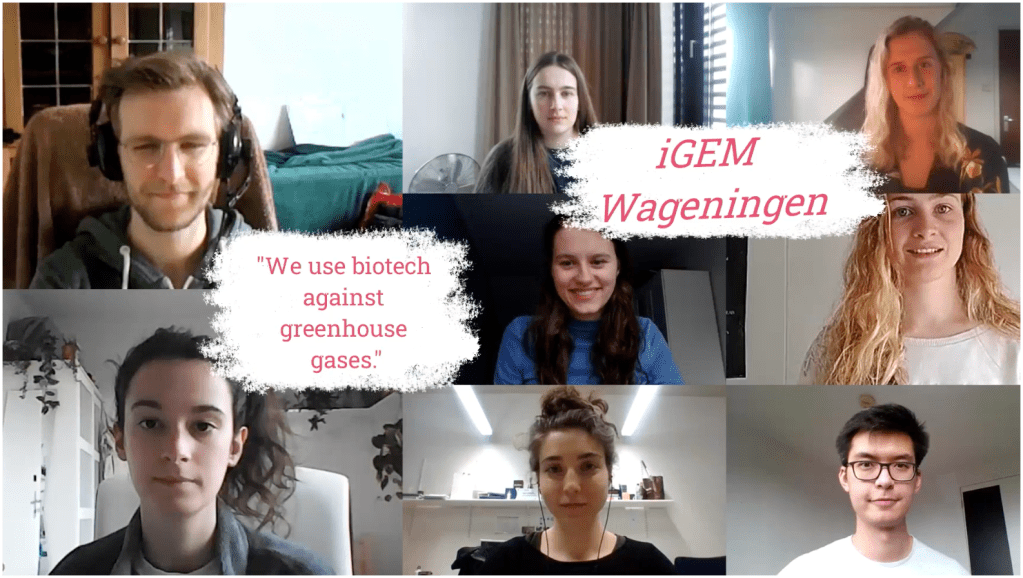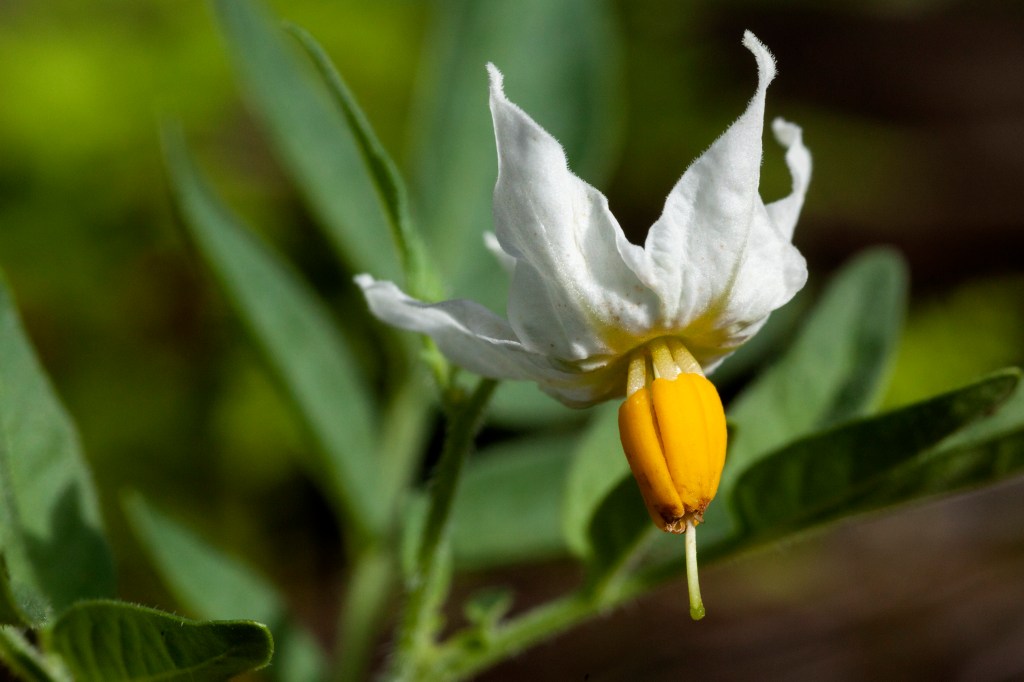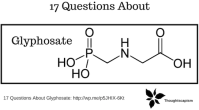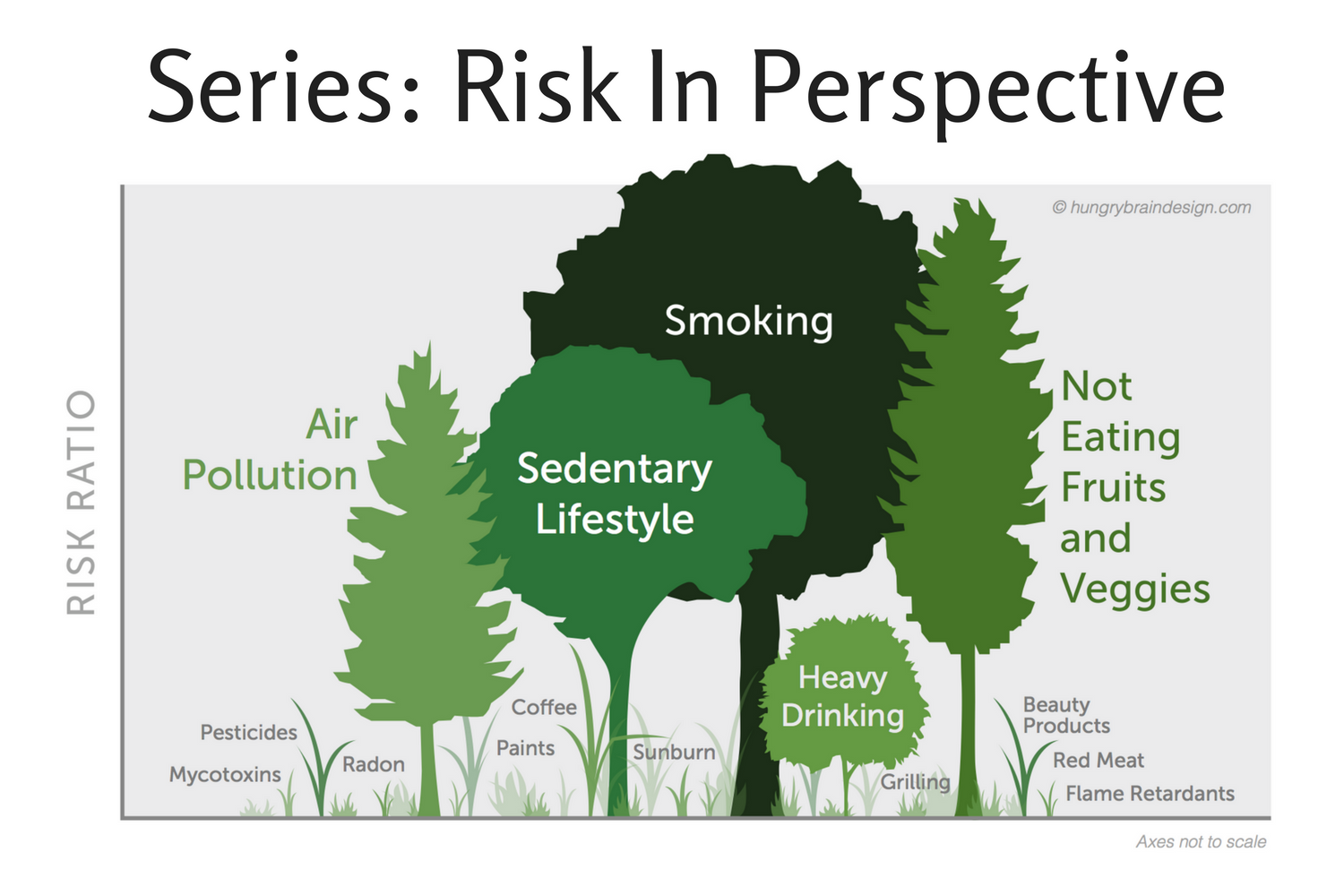
The current EU GMO-legislation, based on late 1990s understanding of biotechnology, would leave Europe without access to current and future gene-edited crops, including existing ones like fortified tomatoes, soybeans with healthier fatty acid profiles, and nitrogen-fixing bacteria for fertilising agricultural soil, as well as varieties in development such as: drought-tolerant and resource-saving plants aimed at climate adaptation and mitigation. But things could soon change.
Recent EU assessment points out that the old legislation has failed to consider the societal and environmental benefits these techniques have to offer, because the current regulation wasn’t designed to promote sustainability of the food and agricultural sector. Who would have thunk that’d be important? They now propose that a sustainability analysis be a part of regulations going forward, and are calling for comments.
Unfortunately, suggested new legislation of Novel Genomic Techniques (NGTs) is opposed by organic operators on the grounds that it would threaten “their freedom to conduct business.” It seems backwards that organic actors should oppose more environmentally friendly farming methods on business grounds, or that the prospect of resource-saving and nutritional benefits would be considered a threat in the first place.
Currently an army of copy-pasta commenters are giving their input, demanding that the EU keep its iron grip of old GMO-regulation tightly around gene-editing as well. I thought they should hear some different views before the feedback window closes (on the 22nd of October), so as a European biologist and environmental activist I decided to use my 4000 characters to deliver them a message too. I’m including it below.
I kindly ask the European Commission to consider the following two commitments to its citizens:
The freedom to develop more environmentally friendly farming methods
EU legislation should benefit its people. It should not hinder advances in areas of health and the environment. Sadly the current legislation does just that. The challenges of securing future food provision in a warming world while protecting and restoring dwindling wildlife habitats are great. To meet them we must take all areas of environmental development seriously. We should allow European farmers, researchers, and entrepreneurs to harness all methods that can help use our finite natural resources with better care, applying scientific advances to the betterment of society. The business concerns of organic operators mentioned in the Commission’s documents should not take precedence over benefits to consumers and the environment, and their concerns for freedom of choice appear backwards: EU citizens today are denied the freedom to choose genetically modified or gene-edited products. We should have that choice.
If we are to ensure the future of the most vulnerable biodiversity on our own continent and the world at large, we need to shrink our land footprint and provide more food with less resources. Young researchers in European universities today are eager to develop plant varieties that can help, but they are concerned that their work may never see the light of day if the EU does not change its prohibitive legislation. It’s high time to #GiveGenesAChance.
Responsible communication that empowers society
The EU Commission should take care not to spread misleading ideas about crop breeding methods among the public. Risk research tells us that people are naturally inclined to view unfamiliar concepts cautiously. Expert risk communication guidelines underline that authorities should ensure impartial information is provided particularly where expert assessment of risk is low, but public concern remains high. Communication should help reinforce correct beliefs and de-emphasise peripheral concerns.
How a topic is framed can enhance or mitigate our natural biases. Despite the extensive scientific evidence and statements from the European Academies’ Scientific Advisory Council and European Food Safety Authority (EFSA) that novel crop breeding methods are no riskier, and sometimes safer than traditional breeding methods, the EU documentation underlines safety concerns at every turn. There were 11 mentions of “safe” or “safety” (not including mentions of EFSA) and 12 mentions of “risk” in the five page impact assessment alone. This messaging conveys to the reader that there must be reason to be alarmed.
We would not talk about allowing “heirloom crops on the market, provided they are safe,” although their risk profile is the same. Implicating danger in the context of traditional crops sounds absurd yet EU authorities choose in their communication to legitimize this psychological bias toward novel methods.
When people are presented with personal or societal benefits of a new technology, they are not as skeptical as they are if the questions are set in a way to imply risk, demonstrated in recent research at the ETH (Saleh et al 2021).

When presented with various solutions for potato blight, including injection of synthetic fungicides (conventional), copper treatment (organic), introduction of the genes of a wild variety of potato (genetic engineering) or modification of the genetic material of the cultivated potato (genome editing), most people actually preferred genetic engineering.
How we ask questions, and what information we emphasise matters. Let’s give Europeans the chance to partake in the future of agriculture, empowering them with a better understanding about the environmental advances that novel crops have to offer. Freeing gene-editing from a regulatory detention is an important first step. Thank you for taking it.
Yours truly, Iida Ruishalme, Finland
Let’s hope that Europe will join countries like Australia, New Zealand, and Japan in using an evidence-based and product-oriented regulation instead of discriminating against an entire development process.
Join me in letting the EU commission hear voices other than those seeking to oppose progress and exclude future agricultural solutions from the European sphere.
Give feedback
Citizens and stakeholders are invited to give feedback until the 22nd of October. You will need to register with your name, interpret a “not a robot” code, wait (several minutes) for a registration email, set a password (min 10 characters), and then go back to the link for feedback and click “Log in.”
I hope you will consider supporting the work of European plant scientists, who are asking for their efforts to have a chance to contribute to solving our environmental and agricultural challenges ahead. Please share their campaign!
Reading their campaign statement at #GiveGenesAChance, it is apparent that they have high hopes:
Possible results of new breeding technologies span from increased yields [7], and increased yield-stability under adverse climate conditions such as drought [8], and increasing soil salinity [9], to resistances against plant pathogens like viruses [10] and pathogenic fungi [11]. With respect to climate change, two IPCC reports mention the potential of new breeding technologies [12, 13]. The resulting crops could not only be more resilient and sustainable, but they could also contribute to carbon sequestration and reduced soil erosion. Other aims of GE-assisted breeding could include crops with an improved nutritional value which are already marketed in the USA and Japan [14, 15], or the de novo domestication of wild crop relatives [16, 17]. This would increase the available genetic resources for breeding and could benefit (genetic) biodiversity in agriculture.
The EU Commission’s study findings agree, acknowledging that the 2001 GMO legislation is not fit for regulation of Novel Genomic Techniques (NGTs), and needs to be adapted. They write:
NGT products have the potential to contribute to sustainable food systems with plants more resistant to diseases, environmental conditions and climate change effects. Moreover, the products can benefit from higher nutritional qualities such as healthier fatty acid content, and reduced need of agricultural inputs such as pesticides
So what’s holding them back? They worry that popular opposition could result in political backlash. But as Dr Bearth, a coauthor of the Saleh 2021 paper concludes in an article titled We are less sceptical of genetic engineering than assumed: “It is irresponsible and patronising to flatly rule out the idea that consumers may be open towards well-researched technologies.”
We can do our bit by showing them that the landscape is not dominated by reactionary fears, but that many of us are committed to harnessing best means and understanding at our disposal to help nature and humanity.
If you are interested, you can read more under Climate and Energy and The Environment. If you would like to have a discussion in the comments below, please take note of my Commenting policy. In a nutshell:
1. Be respectful.
2. Back up your claims with evidence.







As you may be aware the UK has already relaxed its stance on gene editing and the walls have not caved in and in fact even those that might be expected to be unhappy have raised few objections. There are important issues that need to be taken out on any plant breeding activity (conventional or GMO). Most significantly that the risk is asymmetric: the risk is small but the implications could be large. We already suffer considerable damage from non native plant and animal introductions. This is not an anti GMO statement but a request that GM and conventional breeding is subject to scrutiny appropriate to current understanding and not the understanding developed in the 1950s when pesticide resistance and environmental damage were less well understood..
LikeLike
Agree 100%. It is worth pointing out that traditional methods of generating new crops are inherently more risky because they (1) result in more widespread random genetic change and (2) they make it difficult to increase genetic diversity of important crops.
LikeLike
Yes and no. Repetition of action also provides a test…
LikeLike
The mention of ‘resistance to pathogenic fungi’ in the video in the link, reminded me of the problem of pine bark beetles spreading a fungus among trees in N. America. I don’t know if there is any work being done on GMO trees that are resistant to either the beetle or the fungus.
I *have* heard of GMO chestnut trees with resistance to a fungus that greatly reduced the number of chestnut trees in N. America.
LikeLike